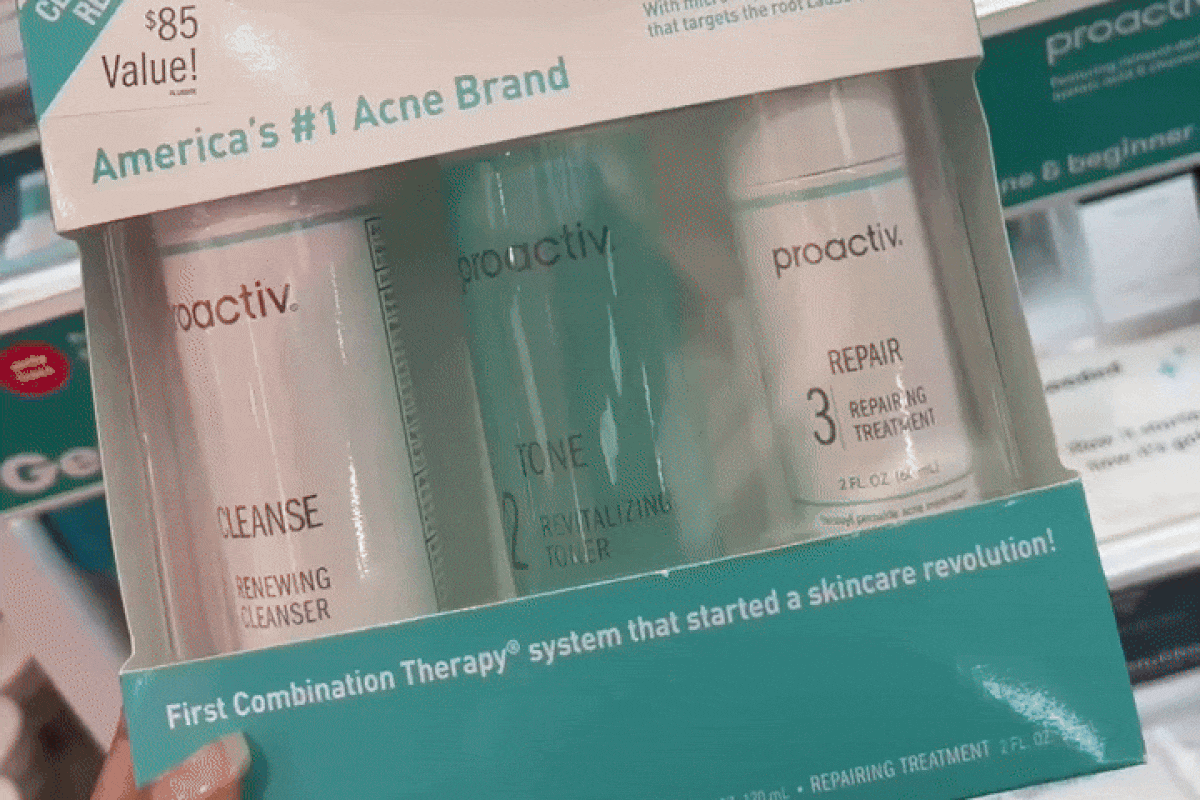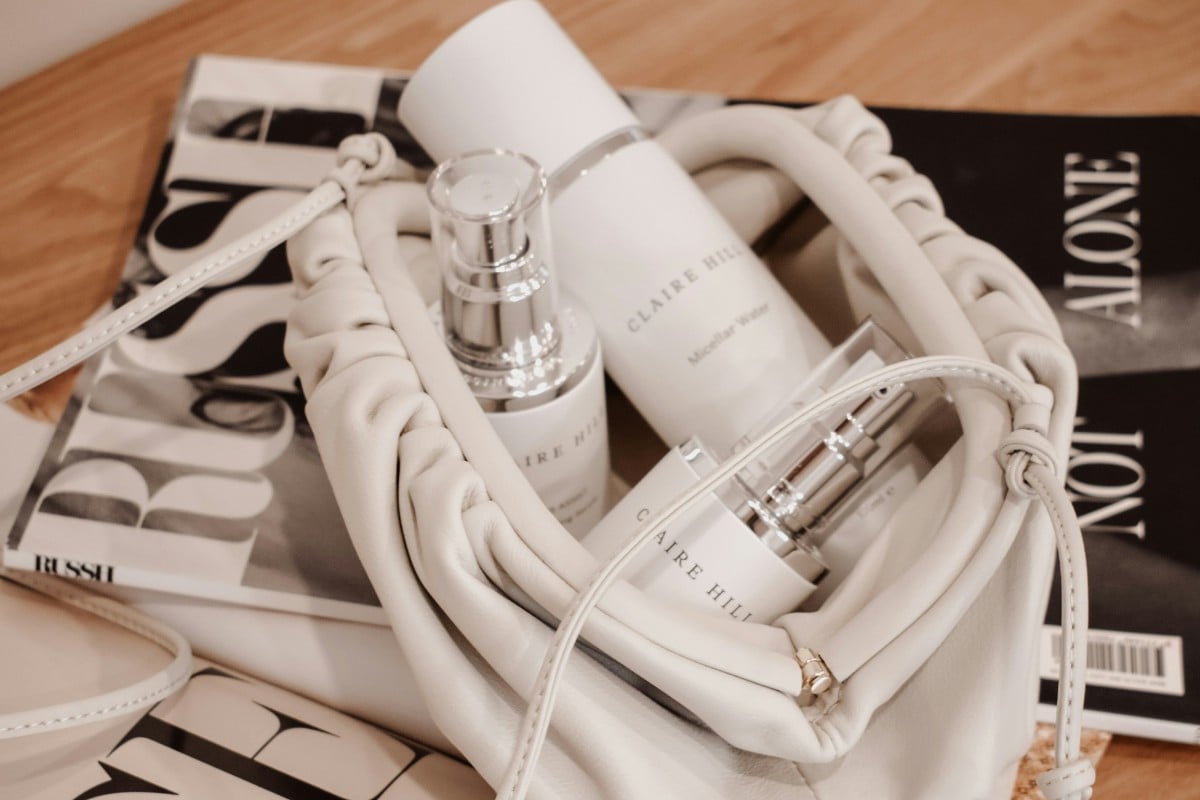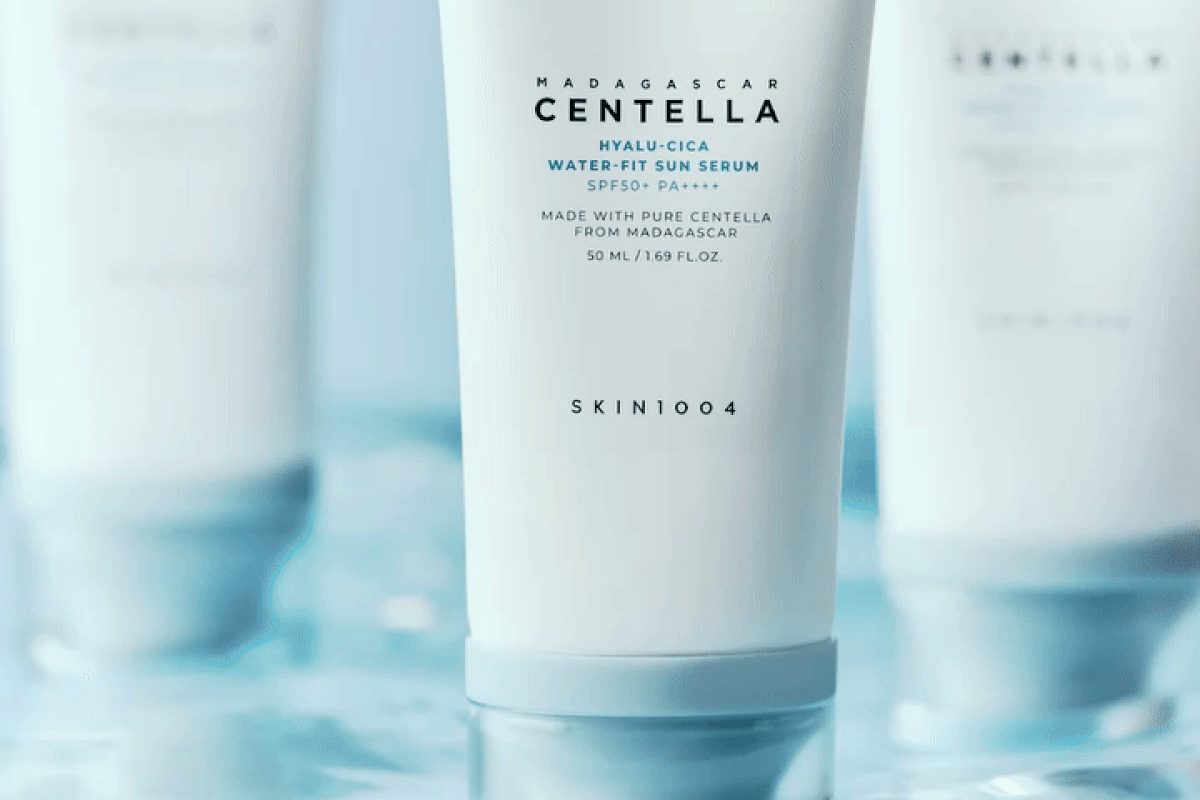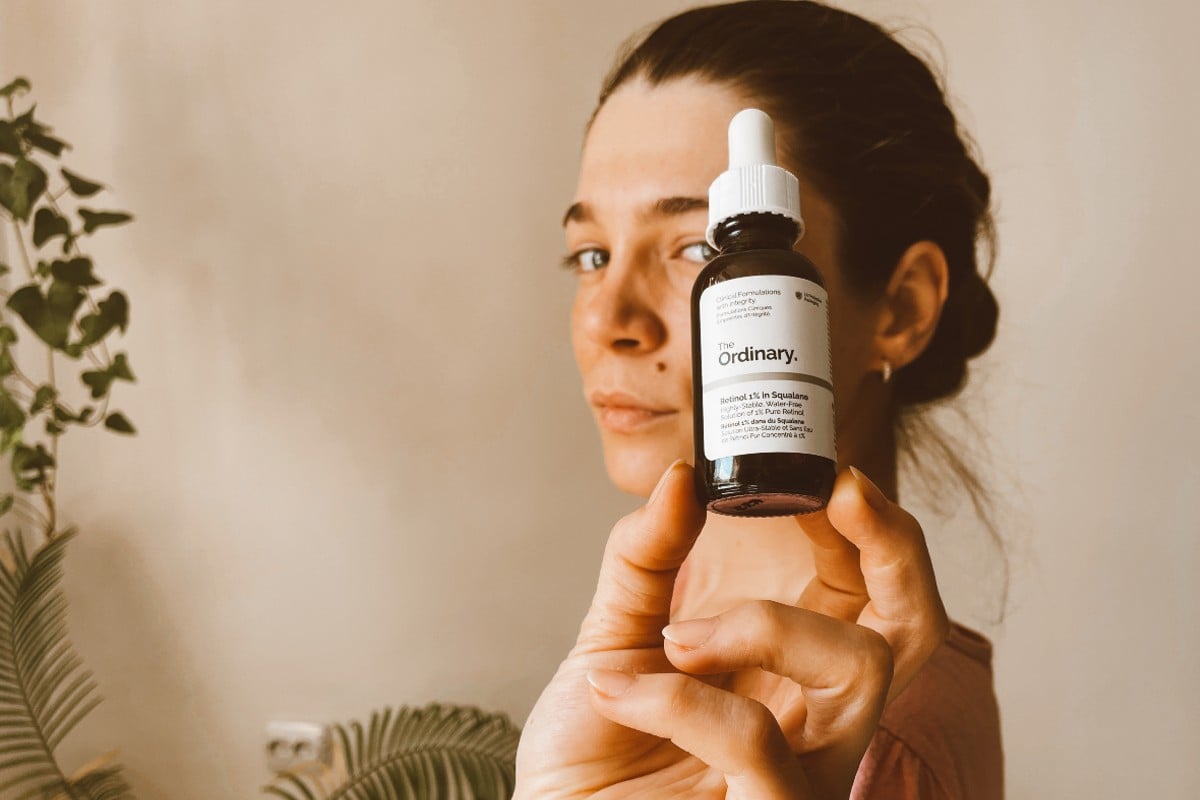While moisturizing and cleansing are unquestionably the backbones of any diligent routine, great skin only happens with regular application of antioxidants. This is why pycnogenol might become your next skincare staple once you get to know all of its perks. If you’re not familiar with it, be ready to free some space in your beauty arsenal as pycnogenol packs all the good stuff to protect, hydrate, brighten and firm the skin. So here’s everything you need to know about pycnogenol in skincare.
What is pycnogenol?
Pycnogenol is an extract from the Pinus pinaster bark containing a variety of natural antioxidants, including bioflavonoids, catechins, and phenolic acids.[1] It turns out pycnogenol for skin is twice as potent as vitamin E and four times as potent as vitamin C as an antioxidant, working to reduce UV damage and scavenge free radicals. Yet, there’s much more pycnogenol can help with, including diminishing discoloration, boosting hydration, increasing collagen levels, and fortifying the protective barrier.
Although it expresses the best benefits when taken orally as supplements, pycnogenol is fairly well absorbed by the skin, delivering almost the same results when applied topically.
Pycnogenol benefits for skin
Pycnogenol is a thoroughly researched compound with over 100 clinical trials backing up its benefits.[2] So, where does all this hype come from? Simply put, pycnogenol is hailed as a versatile and multi-tasking ingredient in skincare due to its antioxidant power and ability to promote collagen and hyaluronic acid levels. Now, this is how pycnogenol can benefit your skin:
- Provides antioxidant protection: When it enters the skin, pycnogenol acts as an antioxidant, offsetting UV damage and reducing the effects of environmental aggressors. Studies found that supplementation with pycnogenol not only shields cells against free radicals but aids in preventing DNA damage as well as strengthening the body’s natural antioxidant defense by protecting vitamin C, vitamin E, and glutathione from oxidative stress.[1][2]
- Hydrates the skin: Pycnogenol is also an ideal candidate for dry skin since it improves hydration levels and prevents transepidermal water loss. According to research, pycnogenol increases the synthesis of hyaluronic acid and collagen, which in turn helps the skin retain moisture and counteract dryness.[3]
- Plumps wrinkles and improves skin elasticity: Fighting aging signs is another perk of pycnogenol in skincare. Briefly, the theory behind the anti-aging benefits is related to the activity of pycnogenol to stimulate collagen production and provide photoprotection. Based on a study, using pycnogenol supplements for 12 weeks significantly enhanced skin elasticity and firmness while diminishing the look of aging signs, especially wrinkles and dark spots.[1][3]
- Supports healing: Pycnogenol helps accelerate skin healing and reduce scar formation. According to a 2004 study, the topical use of a gel containing 1% pycnogenol shortened the wound healing time by almost two days, while 2% pycnogenol decreased the healing time by three days. So if you’re dealing with acne scars, you should definitely keep pycnogenol on your radar.[4]
- Restore the skin’s barrier: Pycnogenol also works by restoring and consolidating the barrier function, which acts as the primary defense between the skin and the environment. It does that by hindering water loss and protecting the lipids that make up the barrier from degradation.[1][3]
- Fades discoloration: You can also use pycnogenol to fade hyperpigmentation and even out your skin tone. Long story short, the benefits of pycnogenol for skin lightening include the downregulation of melanin (skin-darkening pigment) through inhibiting tyrosinase enzyme. In one study, topical use of pycnogenol reduced the production of melanin as well as tyrosinase activity by about 65%, delivering powerful depigmenting effects when applied regularly.[5]
Is it safe?
As far as skincare is concerned, pycnogenol is considered a safe-for-skin ingredient and well-tolerated by most people — whether applied topically or taken orally. However, pycnogenol should not be taken during the first three months of pregnancy as a precaution.[2] And as for the recommended concentration, 150 mg per day of pycnogenol provides the best benefits while keeping side effects at a minimum. For topical use, anything between 1% to 3% pycnogenol will do.
How to use it
You can use pycnogenol for skin either by taking supplements or applying products containing it. Since it’s a gentle ingredient, pycnogenol is found in all sorts of products addressing concerns like skin aging, dark spots, sun damage, dehydration, and compromised barrier. For the best pycnogenol products, we recommend The Ordinary Pycnogenol 5%, Sesderma Resveraderm Antiox Serum, and COSRX Pure Fit Cica Serum.
Finally, pycnogenol can be paired with most ingredients in skincare, including retinol, vitamin C, and glycolic acid. As a matter of fact, pycnogenol and retinol make a great team for battling aging signs, while vitamin C and pycnogenol get you a winning duo of antioxidants.
References
- Grether-Beck S, Marini A, Jaenicke T, Krutmann J: French Maritime Pine Bark Extract (Pycnogenol®) Effects on Human Skin: Clinical and Molecular Evidence. Skin Pharmacol Physiol 2016;29:13-17. doi: 10.1159/000441039
- Simpson T, Kure C, Stough C. Assessing the Efficacy and Mechanisms of Pycnogenol® on Cognitive Aging From In Vitro Animal and Human Studies. Front Pharmacol. 2019;10:694. Published 2019 Jul 3. doi:10.3389/fphar.2019.00694
- Marini A, Grether-Beck S, Jaenicke T, Weber M, Burki C, Formann P, Brenden H, Schönlau F, Krutmann J. Pycnogenol® effects on skin elasticity and hydration coincide with increased gene expressions of collagen type I and hyaluronic acid synthase in women. Skin Pharmacol Physiol. 2012;25(2):86-92. doi: 10.1159/000335261. Epub 2012 Jan 21. PMID: 22270036.
- Blazsó G, Gábor M, Schönlau F, Rohdewald P. Pycnogenol accelerates wound healing and reduces scar formation. Phytother Res. 2004 Jul;18(7):579-81. doi: 10.1002/ptr.1477. PMID: 15305320.
- Leis Ayres, E., dos Santos Silva, J., Eberlin, S., Facchini, G., Vasconcellos, C. and Da Costa, A. (2022), Invitro effect of pine bark extract on melanin synthesis, tyrosinase activity, production of endothelin-1, and PPAR in cultured melanocytes exposed to Ultraviolet, Infrared, and Visible light radiation. J Cosmet Dermatol, 21: 1234-1242. https://doi.org/10.1111/jocd.14202



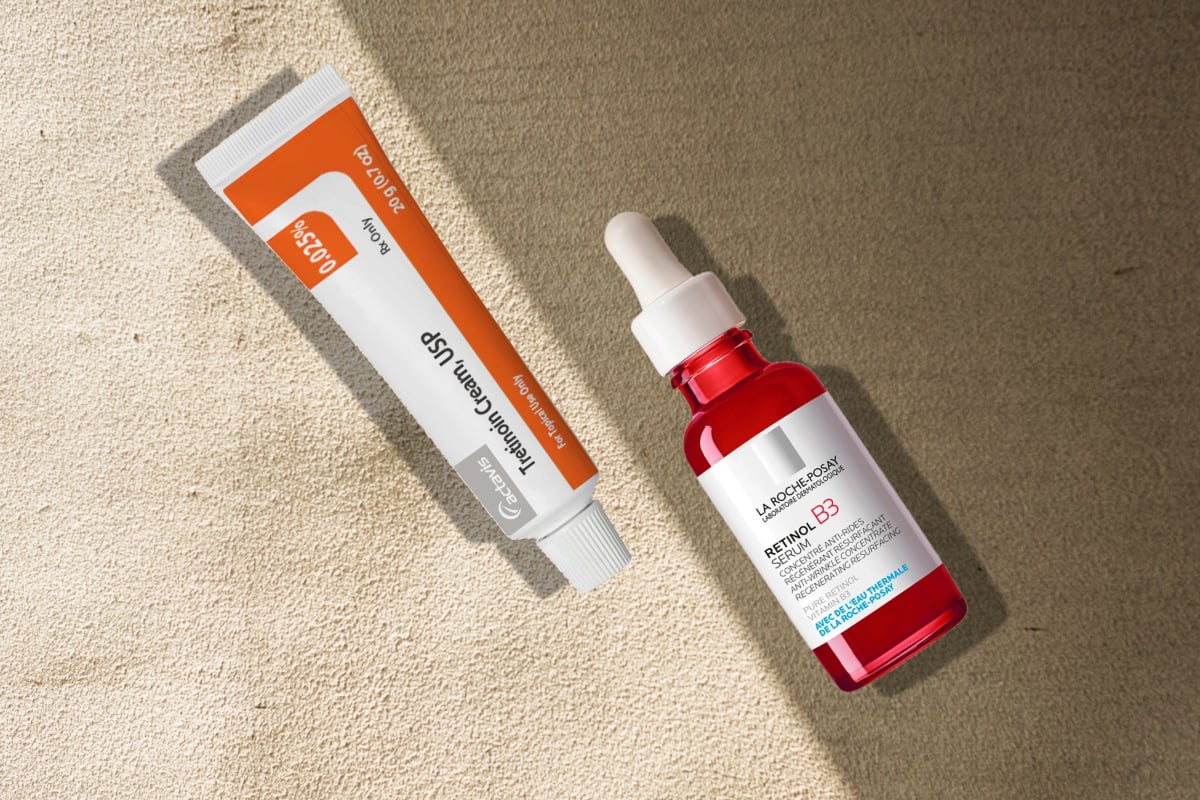
![Does resveratrol in red wine benefit your skin? While sipping on a glass of red wine can be a delightful experience, relying on it for skincare benefits is not the best idea. Sure, red wine contains a smidge of resveratrol, but let's put things into perspective. The concentration of resveratrol in red wine is relatively low. Red wines, specifically Pinot noir from France, typically contain 0.361-1.972 mg of resveratrol per liter.[8] To hit that reference dose of 500mg of resveratrol, you'd need to drink a lot of wine. We're talking about downing anywhere from 100 to 1000 glasses per day. It's a scene straight out of a wine lover's wildest dreams, but definitely not the healthiest approach. Resveratrol Benefits for Skin](https://womensconcepts.com/wp-content/uploads/2022/03/Resveratrol-Benefits-for-Skin.jpg)

